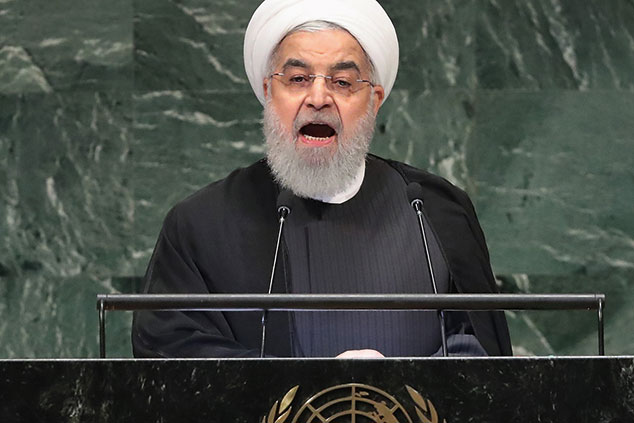
A second wave of sanctions next month will see Washington bring in new measures targeting the oil and shipping sectors. The ICJ found that the new sanctions breach the terms of a 1955 treaty, but the court has no power to compel the US to obey the ruling.
Separately, the EU has announced plans to set up a special payments channel that will allow it to maintain economic ties with Iran, a move that “sends a clear message to Tehran and Washington”, say Farnaz Fassihi and Laurence Norman in The Wall Street Journal. The EU’s theory is that if the economic benefits of the deal keep flowing then Iran will be more likely to hold up its end of the bargain.
The problem is that the new system is unlikely to prevent a rush to the exits by European companies – for most firms, “the risk of losing access to the $20trn US economy and being cut off from the Western financial system” far exceeds the benefits of trading with impoverished Iran.
Other events this week were a reminder that Tehran can be a tricky partner, says Alissa Rubin in The New York Times. France froze Iranian spy assets and publicly accused the country’s intelligence service of mounting a foiled bomb plot against an Iranian opposition group’s rally on French soil earlier this year. The bomb plot feeds into the US narrative that Tehran is a rogue regime, but Europe hopes that “it is possible to punish Iran for hostile actions” on one hand while still preserving the nuclear deal on the other.